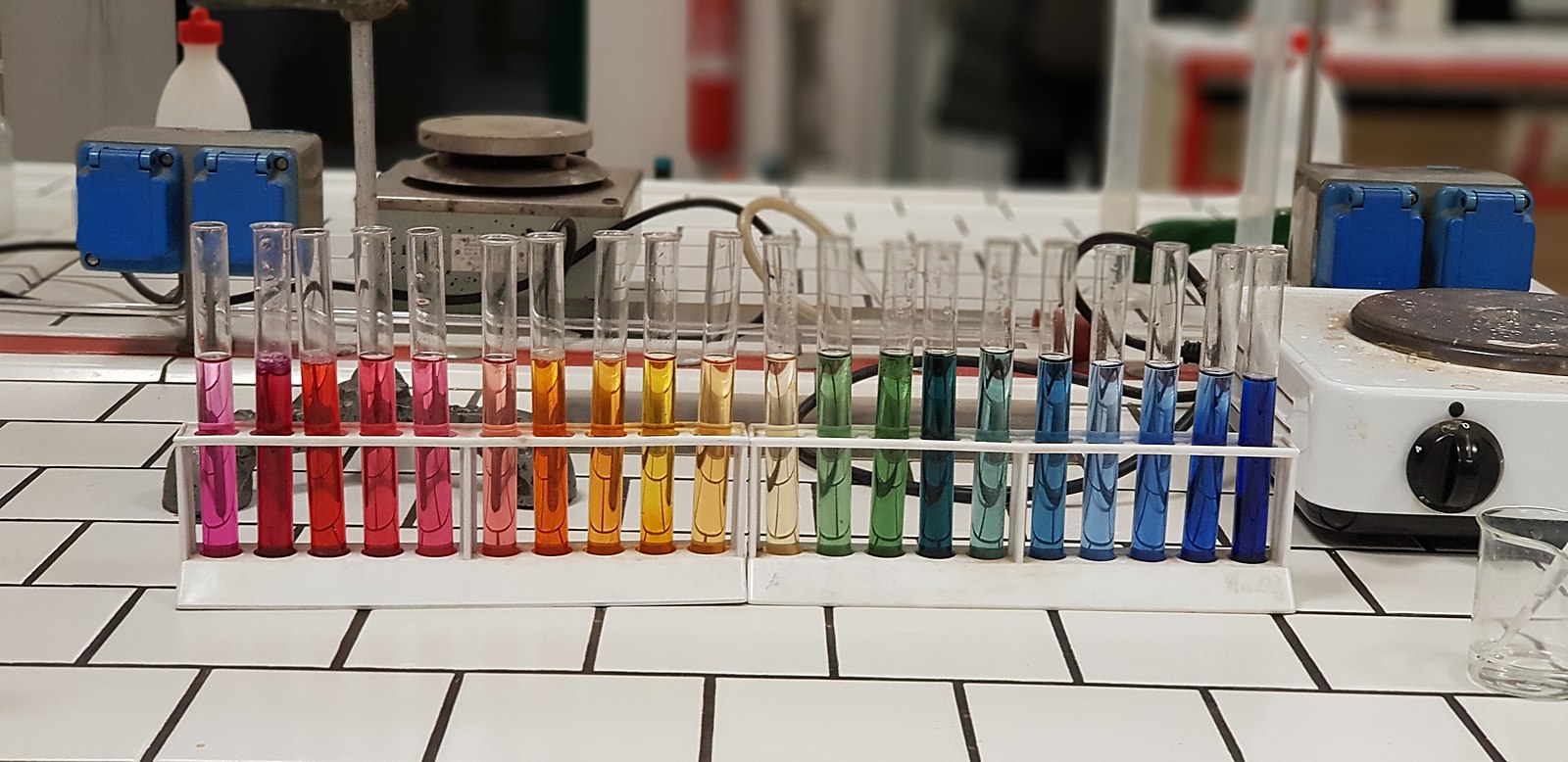The pH value of soft water typically falls between 6.5 and 7, making it slightly acidic. Soft water is characterized by its low mineral content, which is why it can be more acidic than hard water. Understanding the pH of soft water is crucial for various applications, from baking to water treatment.
Soft Water and pH: The Relationship
Soft water is defined by its low mineral content, particularly the absence of calcium and magnesium ions. This lack of minerals is what contributes to the slightly acidic nature of soft water, with a pH range typically between 6.5 and 7.
In contrast, hard water, which contains higher levels of minerals like calcium and magnesium, has a pH range of 7-8, making it more alkaline. The presence of these minerals in hard water helps to neutralize the acidity, resulting in a higher pH.
Implications of Soft Water’s pH
The pH of soft water can have various implications, both positive and negative, depending on the context.
Baking with Soft Water
One notable impact of soft water’s pH is on baking. The slightly acidic nature of soft water can lead to sticky dough when baking, as the low mineral content affects the gluten development and fermentation process. To remedy this, bakers may need to add yeast food or reduce the amount of dough water used.
Conversely, alkaline water, which has a higher pH, can tighten the dough and slow down fermentation, making it less suitable for baking.
Corrosion and Aesthetic Issues
While soft water is not inherently corrosive, the acidic pH can contribute to the premature deterioration of metal piping and appliances. This is due to the water’s ability to react with the metals, leading to aesthetic problems such as a metallic or sour taste, as well as staining of laundry, sinks, and drains.
Additionally, the higher levels of metals like iron, manganese, copper, and lead in soft water can pose health risks if consumed in large quantities.
Water Treatment Considerations
To address the pH levels in soft water, various treatment options are available. An Acid Neutralizer can be installed to prevent the water from reacting with the plumbing and contributing to electrolytic corrosion.
Water softening systems can also be effective in raising the pH level in drinking water, but they are not a direct treatment for pH. It’s important to note that the pH balance of the water is not affected by fitting a domestic water softener.
Monitoring and Testing the pH of Soft Water
Regularly monitoring and testing the pH of soft water is crucial to ensure its suitability for various applications. This can be done through professional water testing and analysis services, which can provide a comprehensive assessment of the water’s pH, mineral content, and potential contaminants.
If the pH levels in the soft water are a concern, it is recommended to consult with a water treatment specialist to determine the best course of action, whether it’s installing an Acid Neutralizer or exploring other water treatment options.
Conclusion
The pH of soft water, typically ranging from 6.5 to 7, is an important factor to consider in various applications, from baking to water treatment. Understanding the relationship between soft water and its slightly acidic nature can help individuals and businesses make informed decisions and take appropriate measures to address any potential issues.
By staying informed about the pH of soft water and the available treatment options, users can ensure the optimal performance and safety of their water-dependent systems and processes.

